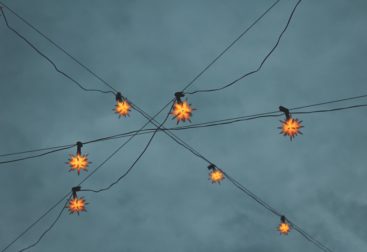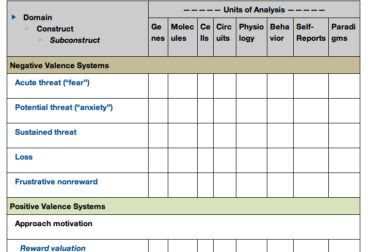People are talking about Alexis Madrigal’s excellent investigative piece into Netflix’s content ontology and architecture. You know those super-specific genre categories that Netflix recommends to you? I watch “Bowling for Columbine” and Netflix recommends to me other “Critically-acclaimed Fight-the-System Documentaries” such as “Gasland.” There’s “Cerebral Foreign Horror Movies,” and “Witty Dysfunctional-Family TV Animated Comedies,” for instance. Netflix created these partly by hand and partly by algorithm.
Madrigal wrote a script to scrape the genres from Netflix’s site and discovered the genres number in the tens of thousands. With these data Netflix is able to push new titles to their subscribers that, chances are, the subscriber is going to like. As Madrigal insightfully said:
… it occurred to me that Netflix has built a system that really only has one analog in the tech world: Facebook’s NewsFeed. But instead of serving you up the pieces of web content that the algorithm thinks you’ll like, Netflix is serving you up filmed entertainment.
You’d think that Facebook would just show you the posts from the people you know and the businesses or online magazines and other content providers that you’ve “liked” with Facebook’s ubiquitous “like” button. If a content provider, say Time Magazine, posts on Facebook a link to an article at their own site, Time.com, you’d think that everybody who’s ever “liked” Time’s Facebook page would see the post linking to the article.
But that is no longer how it works. Facebook announced a new change to their algorithm recently which makes it so that posts only go to some not all of a subscriber’s list of “fans.” Facebook said they wanted to provide higher quality posts to its users. So they are going to downgrade kitten photos and time-wasters from Upworthy if the wizards at Facebook can determine that you prefer serious journalism, for example. This change could put some content companies out of business, as has happened before.





